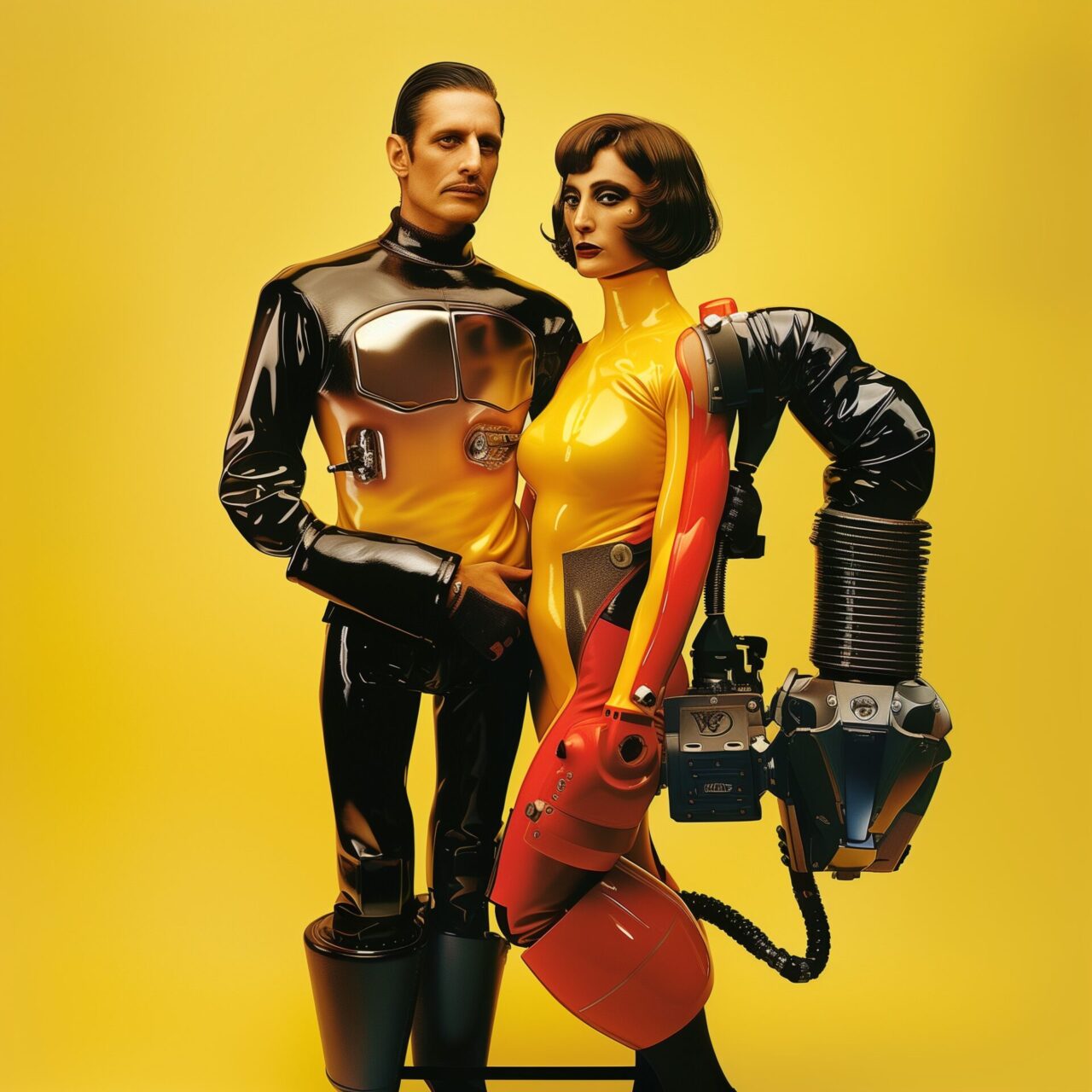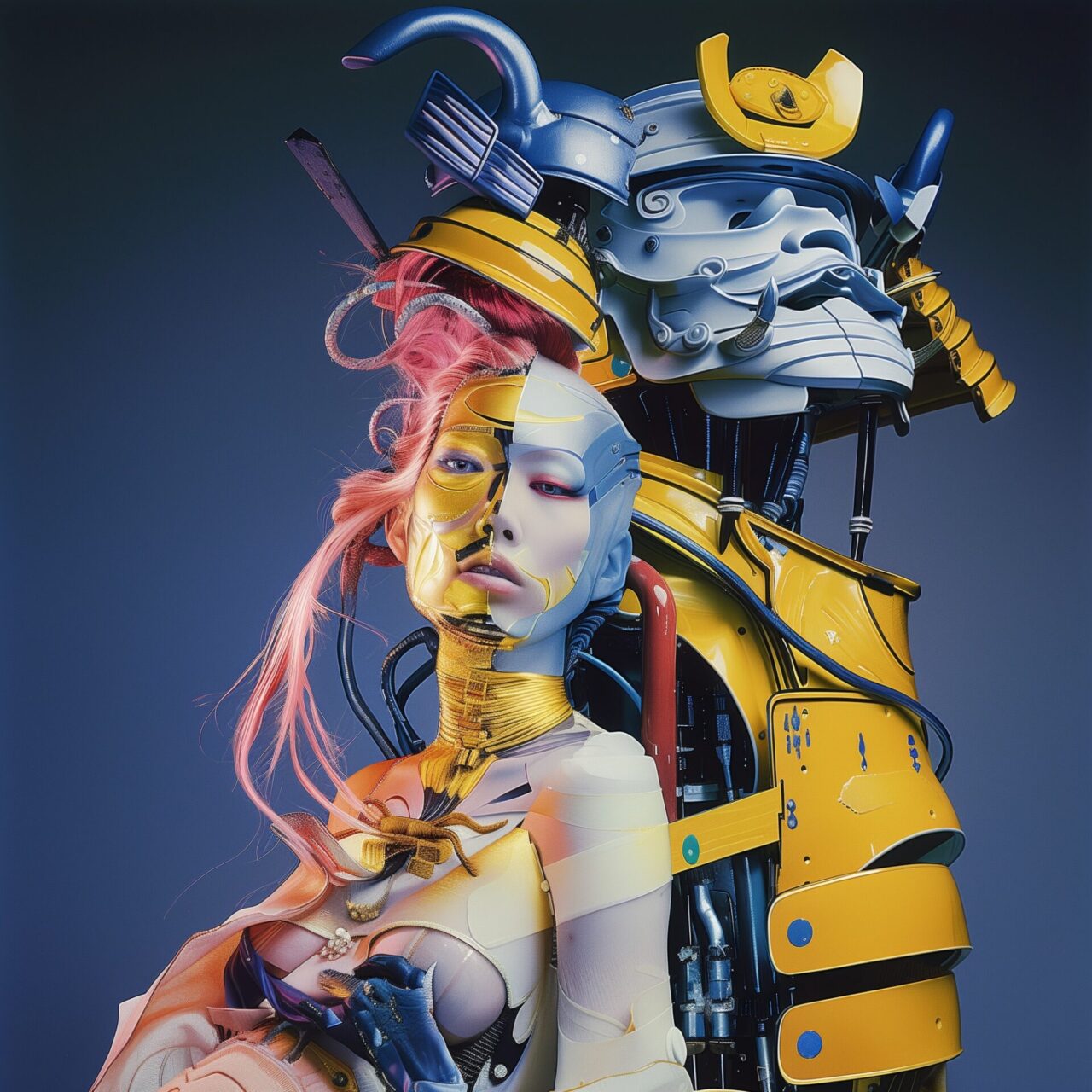
Transhumanism and alchemy
In the deep catacombs of history, where science and mysticism merge into indistinguishable symbioses, there is a fascinating connection between the ancient art of alchemy and the futuristic visions of transhumanism. Both movements, although separated by centuries, are driven by a common longing: the transformation of man into a superior form. But how do the esoteric practices of the alchemists combine with the radical ideas of the transhumanists?
Alchemy: the original quest for transformation
Alchemy, often misunderstood as a primitive form of chemistry, was in fact a profound metaphysical study concerned with the transformation of matter and had the ultimate goal of transforming imperfect substances into perfect ones – symbolised by the creation of the philosopher’s stone, which could turn common metal into gold. But behind these material goals lay a deeper, spiritual dimension: the perfection of the self, a kind of inner transmutation that would take the practitioner beyond their human limitations.
Transhumanism: the technological evolution of the self
Transhumanism, a movement that only began to take shape in the second half of the 20th century, takes up where the alchemists found their limits. Using the tools of modern science and technology, transhumanism endeavours to overcome the biological limitations of humans – through genetics, nanotechnology, artificial intelligence and other forms of bioenhancement technology. Transhumanism is the alchemical vision reimagined in an era of chips and cybernetics.
From quintessence to AI
Interestingly, the goals of transhumanism mirror the metaphysical dimensions of alchemy. Both search for a kind of ‘quintessence’, a hidden potential that, if released, could change human nature. While alchemists searched for this essence in retorts and through spiritual purification, transhumanists programme algorithms and design implants to achieve similar goals. Both movements are imbued with an almost religious reverence for the potential of human progress and share the conviction that we can be more than our biological form.
The dark side of the coin
Like alchemy in its darker moments, transhumanism is not without its critics. The ethical, philosophical and social implications of these radical human enhancement technologies raise difficult questions: What does it really mean to be human? Do we lose our humanity when we improve ourselves by machine? These questions are modern echoes of ancient alchemical dilemmas about the nature of the soul and of life.
The alchemical dream in the digital era
Transhumanism and alchemy are two sides of the same coin – a deep human longing to overcome one’s own limitations and achieve a higher existence. Whether through spiritual or silicon-based alchemy, the pursuit of the superhuman remains a central theme in our collective quest for meaning and betterment. This historical and future saga serves as a reminder and inspiration to choose our technologies wisely while not losing sight of the deepest questions of our being. In this ongoing journey, transhumanism and alchemy are not merely scientific or mystical endeavours, but above all deeply human endeavours that seek to unravel and shape the mystery of our existence.


